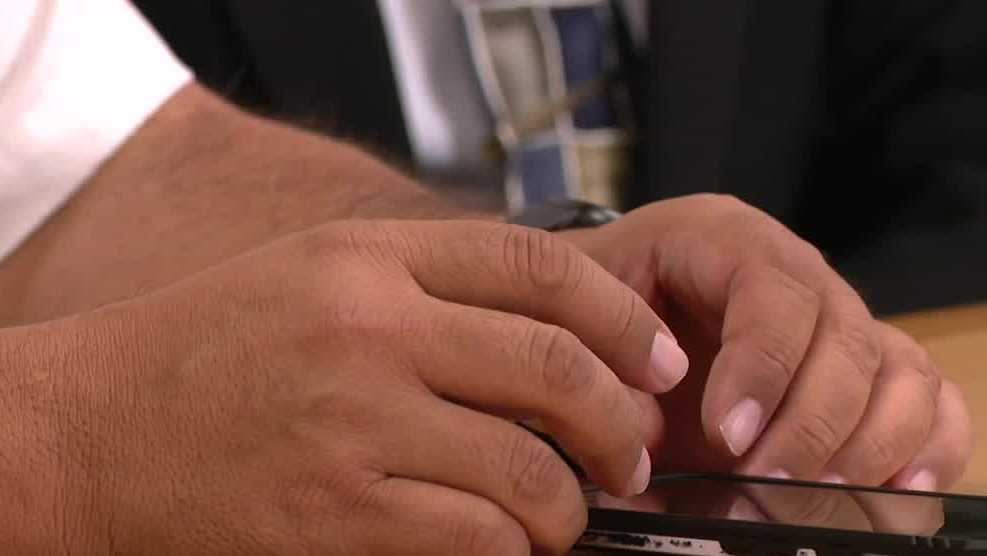
The National Science Foundation is investing $750,000 in a pioneer project at UNO. Until the fall of 2026, three professors will take artificial intelligence into the communities of the most vulnerable.Three professors, with three diverse backgrounds, are coming together for one common goal in the College of Public Affairs. “How can we come in to solve the problem facing our community and also all the tribal communities as well?” said Yu-Che Chen, Ph.D. professor in the College of Public Affairs and Community Service. With technology at their fingertips, they began knocking down barriers tribal nations are facing.”Generally, the most vulnerable and the formal process of applying for disaster relief is very complicated and bureaucratic,” said Eduardo Zendejas, J.D., professor of tribal management and emergency services at UNO. These communities were unable to find the help they need when faced with natural disasters. From flooding and tornados to blizzards and windstorms. “Research has shown that the tribes are having difficulties in maneuvering and navigating the FEMA process,” said Zendejas. A gap that has grown in the last 10 years but with the help of artificial intelligence they’re making the process easier by simply using their voice. It’s through a chatbot capturing every word someone utters and, in the end, a report is compiled.This group of doctors created this user-friendly system with people in mind to develop a trustworthy tool for indigenous communities. “We use natural language processing technique. So, it’s an AI technique to understand human conversations,” said Chun-Hua Tsa, Ph.D., assistant professor of information systems.Giving them the choice to call, or use their phone or computer to digitally ask for help. Research that started over a year ago, put tribes at the forefront of the study. “Design a process, a framework that can really leverage that knowledge of tribal knowledge and technology,” said Chen. And by 2026 to be in the hands of tribal communities across the country.
The National Science Foundation is investing $750,000 in a pioneer project at UNO. Until the fall of 2026, three professors will take artificial intelligence into the communities of the most vulnerable.
Three professors, with three diverse backgrounds, are coming together for one common goal in the College of Public Affairs.
Advertisement
“How can we come in to solve the problem facing our community and also all the tribal communities as well?” said Yu-Che Chen, Ph.D. professor in the College of Public Affairs and Community Service.
With technology at their fingertips, they began knocking down barriers tribal nations are facing.
“Generally, the most vulnerable and the formal process of applying for disaster relief is very complicated and bureaucratic,” said Eduardo Zendejas, J.D., professor of tribal management and emergency services at UNO.
These communities were unable to find the help they need when faced with natural disasters. From flooding and tornados to blizzards and windstorms.
“Research has shown that the tribes are having difficulties in maneuvering and navigating the FEMA process,” said Zendejas.
A gap that has grown in the last 10 years but with the help of artificial intelligence they’re making the process easier by simply using their voice.
It’s through a chatbot capturing every word someone utters and, in the end, a report is compiled.
This group of doctors created this user-friendly system with people in mind to develop a trustworthy tool for indigenous communities.
“We use natural language processing technique. So, it’s an AI technique to understand human conversations,” said Chun-Hua Tsa, Ph.D., assistant professor of information systems.
Giving them the choice to call, or use their phone or computer to digitally ask for help.
Research that started over a year ago, put tribes at the forefront of the study.
“Design a process, a framework that can really leverage that knowledge of tribal knowledge and technology,” said Chen.
And by 2026 to be in the hands of tribal communities across the country.
